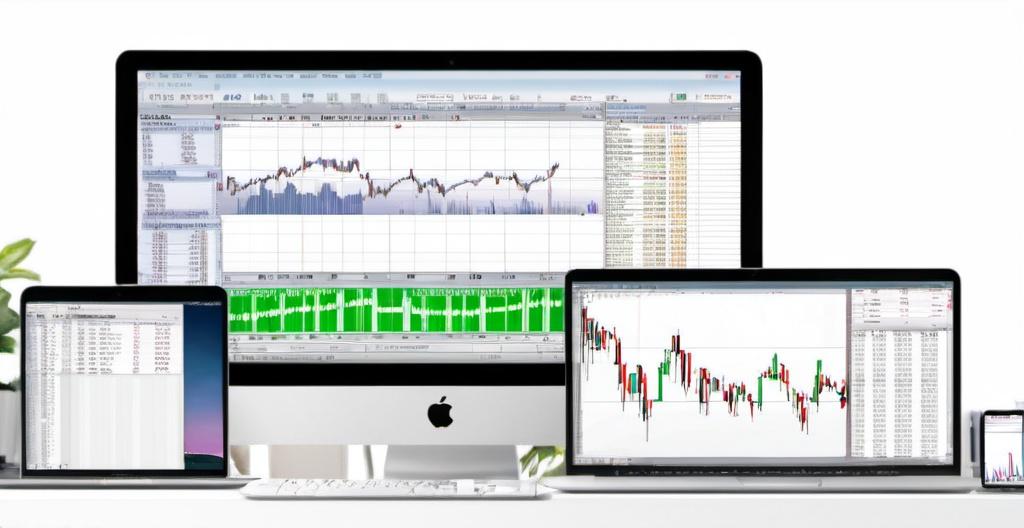A stock broker is the bridge between you and the market. They provide the platform to buy and sell shares, access research, and in many cases, handle execution at speeds that individual traders can’t replicate on their own. While the stereotype is someone shouting on a trading floor, today it’s mostly online platforms and apps handling trades in seconds.

Types of Brokers
There are two broad categories. Full-service brokers provide personal advice, research, and portfolio management, but they charge higher fees. Discount brokers cut costs by focusing on execution only, leaving research and decisions up to you. Most traders and investors today lean toward discount brokers because technology makes analysis easier to do independently.
Costs and Fees That Matter
Fees can quietly eat into returns. Some brokers charge per trade, others use commission-free models but add hidden costs in spreads or order routing. Margin accounts bring interest costs, and additional services like advanced data feeds often carry monthly fees. Reading the fine print before funding an account saves headaches later.
Platforms and Tools
Execution speed and reliability are the first boxes to check. A slow or buggy platform can ruin a good trade. Charting tools, market data, and order types are also important. Active traders often demand more complex tools—multiple order types, hotkeys, and integrations—while long-term investors usually need nothing more than simple order entry and reliable data.
Regulation and Security
Any legitimate broker is regulated by financial authorities, which means client funds are protected up to certain limits. Security features like two-factor authentication and segregated accounts aren’t just nice—they’re necessary. In a business where mistakes cost money instantly, you don’t want to find out too late that your broker wasn’t secure.
Matching the Broker to Your Trading Style
There isn’t a universal “best broker.” Someone placing a handful of long-term trades each year has very different needs from an active swing trader or day trader. High-frequency strategies require top execution and minimal spreads. Long-term investors may care more about account types, retirement tools, and research. Matching your broker to your approach is what makes the difference.
Where to Compare Options
Sorting through dozens of platforms can be exhausting. A practical way to save time is by reviewing listings that compare brokers side by side. Sites like Broker Listings provide breakdowns on costs, features, and account requirements so traders don’t have to spend hours reading terms on each broker’s site individually.
Bottom Line
A stock broker is more than just the middleman—it’s the tool you’ll rely on for every trade. The wrong one slows execution, eats profits in fees, or limits the tools you need. The right one fits your trading style, is transparent with costs, and gives you a platform you can actually trust. Choosing well doesn’t guarantee profits, but it makes sure you aren’t starting from a disadvantage.
This article was last updated on: August 29, 2025
